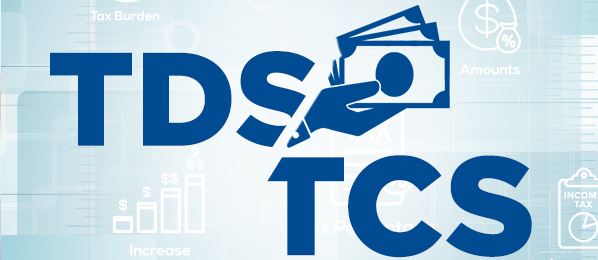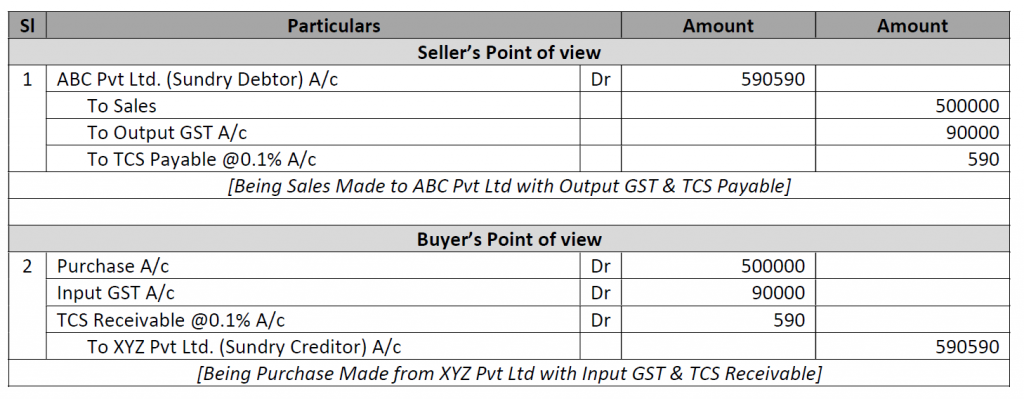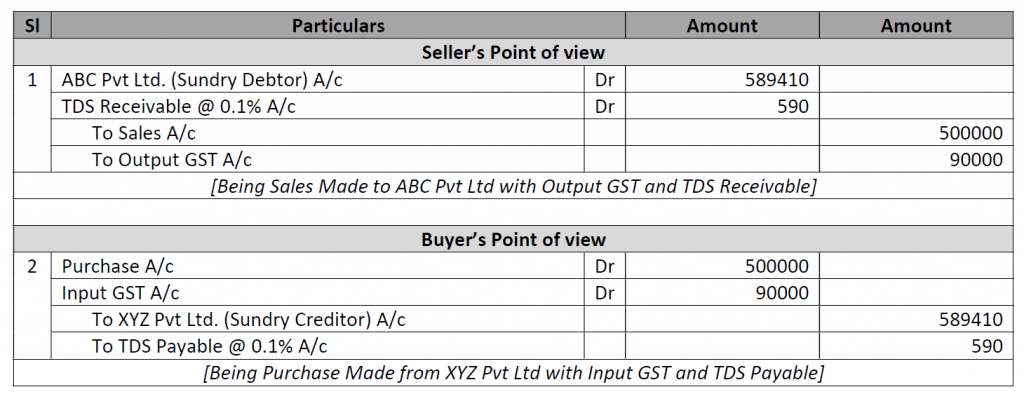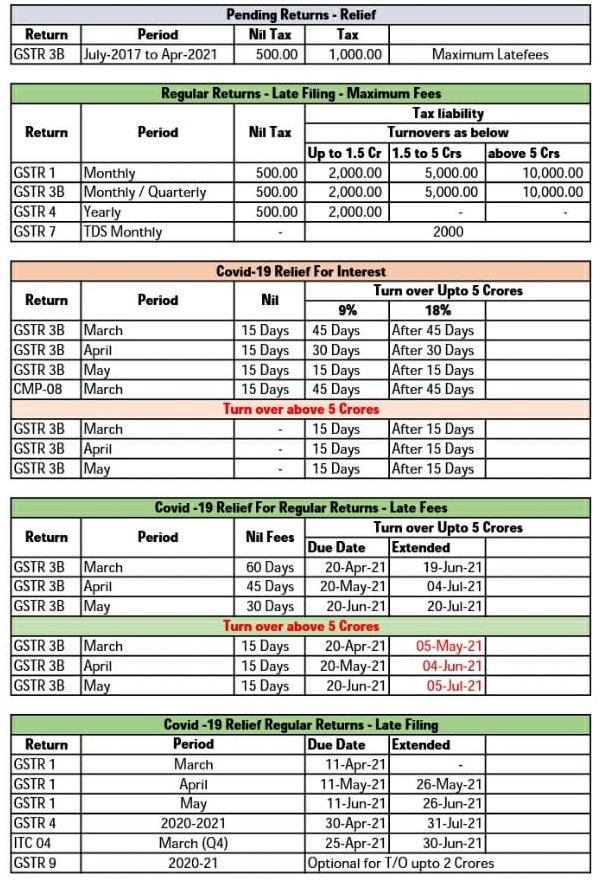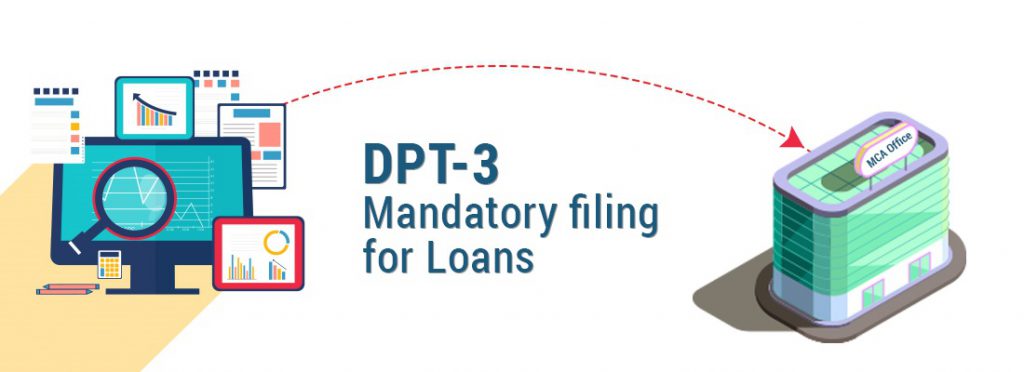
APPLICABILITY
Every Company (Public as well as Private)
COMPANIES ON WHICH DEPOSITS CHAPTER IS NOT APPLICABLE:
- Banking Company
- A Non-Banking Financial Company (NBFC)
- A House Finance Company (Regd with National Housing Bank)
- A Government Company
PURPOSE OF THE FORM
- Return of Deposit;
- Particular of transaction not considered as deposits under clause (c) of Sub-rule 1 of Rule 2; or
- Return of Deposit and Particulars of transactions by a company not considered as deposit.
PERIOD OF DISCLOSURE
For the financial year 2020-21 i.e. 01.04.2020 till 31.03.2021
DUE DATE
- Details of particulars which are not considered as Deposits under rules; or
- Reporting within 30th June of every year (details pertaining to 31st March)
NET WORTH FILING DETAILS
As given in the form itself, “Net worth as per the last audited balance sheet preceding the date of return”, which suggests, the company shall provide the details of networth of the last audited balance sheet preceeding the date of return. For example: In case the return is being filed for FY 2020-21, and the accounts for the FY 2020-21 has not been audited till the due date of the Form DPT-3, then the company shall take up the details of last audited balance sheet of the company i.e. for FY 2019-20.
CONSEQUENCES OF NON – FILING
- ON THE COMPANY
- Fine of minimum of Rs. 1 Crore or twice the amount of deposits whichever is lower; (Fine may extend upto Rs. 10 crore)
- OFFICER IN DEFAULT
- Imprisonment upto seven years and
- Fine of Rs. 25 Lakhs to Rs. 2 Crore.
MANDATORY REQUIREMENT AS PER THE FORM
- Auditor’s Certificate (Can only be given by the statutory auditor of the company): In case of return of Deposit, it is mandatory, where the radio button 2 or 4 is selected;
- In case of any charge, Copy of Instrument creating charge;
- Proof of trust deed;
- Particulars of Liquid Assets;
- Others, if any.
APPLICABLE FEE TO THE FORM
| Nominal Share Capital | Fee Applicable |
| Less than Rs. 1,00,000 | Rs. 200 |
| More than Rs. 1 Lakh and less than Rs. 5 Lakh | Rs. 300 |
| More than Rs. 5 Lakh and less than Rs. 25 Lakh | Rs. 400 |
| More than Rs. 25 Lakh and less than Rs. 1 Crore | Rs. 500 |
| More than Rs. 1 crore | Rs. 600 |
AMOUNT CONSIDERED AS EXEMPTED DEPOSITS AS PER RULE – The amount which shall not be considered as deposits has been defined under rules 2(1)(c):
- Loans from Foreign Banks, Financial Institutions, IFS, etc subject to FEMA.
- Money received from any company
- Amount issued as Convertible Cumulative Debenture (Provided it is mandatorily converted in shares in 10 years)
- Amount issued as Secured Debenture (Provided it is 100% secured)
- Amount received towards subscription of any securities
- Provided allotment to be made within 60 days from the date of receipt of money or advance
- Amount not refunded within 15 days from completion of 60 days will be refunded as deposits. Any adjustments will not be treated as refund.
- Amount raised by issuance of units
- Amount received by trust (Provided no interest is paid)
- Advance received for supply of goods/services (in the course of business)
- Maximum 365 days
- Company Law Committee recommendation to omit subject to a written contract and disclosure in financial statements.
- Amount received by Directors of the company – not being borrowed fund (Relative of Director in case of private limited company also included herein)
- Amount Received from employee (Amount not exceeding his/her Annual Salary)
- Commercial paper in consonance with RBI guidelines
- Security Deposit for performance of contract
- Convertible not issued by Start-up (25 Lakh or more repayable within 5 years)
- Amount received by company from AIF, MF, Domestic Capital Venture, Infrastructure trusts, Real Estate Investments Trusts.
- Share Warrants
- Promoters unsecured funding (on stipulation imposed by lending institution or bank)
- Amount accepted by Nidhi Company
- Advance received under long terms projects for supply of capital goods.
NOTIFICATIONS ON DPT-3 BY MCA TILL DATE
- https://www.mca.gov.in/Ministry/pdf/AcceptanceDepositsAmendmentRule_22012019.pdf
- https://www.mca.gov.in/Ministry/pdf/CircularDPT-3Form_12042019.pdf
- https://mca.gov.in/MinistryV2/companyformsdownload.html
Disclosure: The entire contents of this document have been prepared on the basis of relevant provisions and as per the information existing at the time of the preparation and is of our personal opinion
